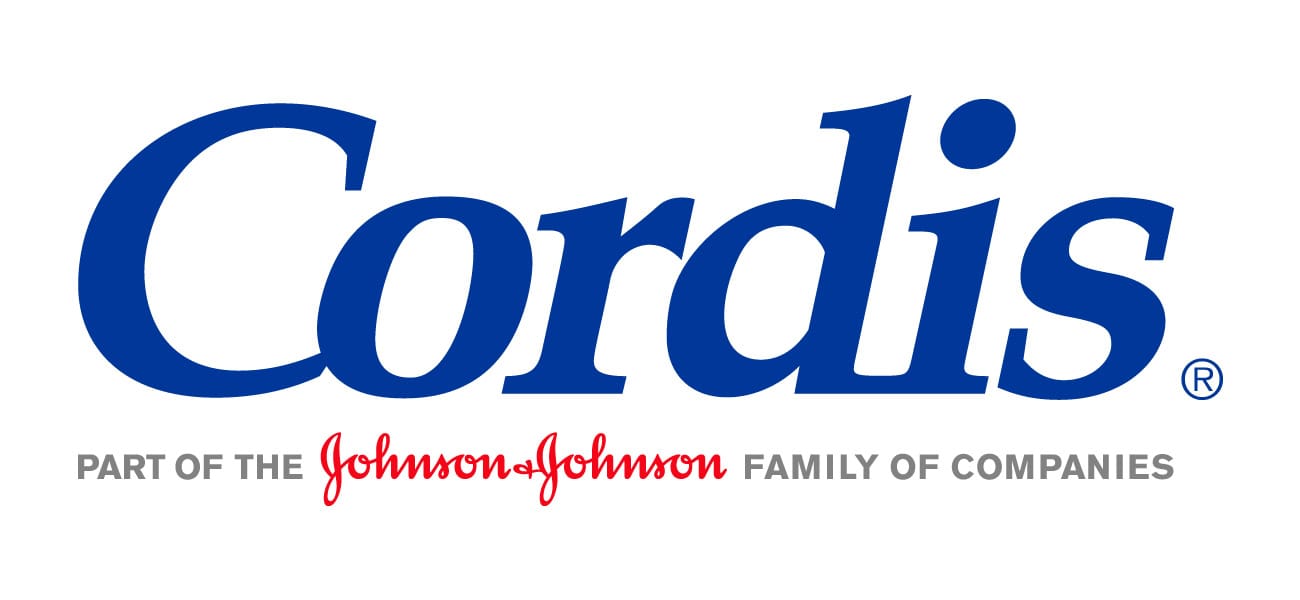Cardinal Health Inc. will be acquiring Johnson & Johnson’s heart-product business, Cordis, for $1.94 billion in cash. The buyout is part of Cardinal’s effort to expand its presence in cardiology.
The purchase price for Cordis, when including tax benefits, drops to $1.594 billion.
Cordis, founded in 1959 in Miami, produces diagnostic and interventional products that treat patients suffering from coronary and peripheral vascular diseases.
In 2014 the company posted $780 million in sales, 70% of which came from outside the United States.

Cardinal has been meaning to expand in the cardiovascular market and Johnson & Johnson is restructuring its business model to focus on its higher-growth businesses and cut costs.
Years ago Johnson & Johnson expressed its desire to get out of that business.
“With an aging population and the accompanying demand for less invasive medical treatments, health systems around the world are searching for the best way to bring quality care to their patients in the most cost-effective way,” said Cardinal Health Chief Executive George Barrett in a news release.
George Barrett said:
“We are extremely excited about the acquisition of Cordis. This is a significant step forward in our cardiovascular strategy. Cordis brings with it a long and proud legacy of cardiovascular innovation. This move highlights our commitment to address a major pain point in healthcare systems through innovative new approaches to the management of physician preference items.”
He added:
“This acquisition follows a sequence of strategic moves for Cardinal Health in the areas of cardiology, wound management and orthopedics. We are well-positioned to help customers standardize around mature medical devices, while bringing them innovative solutions around supply chain management, inventory optimization, and work flow tools and data to support the most effective management of the patient,”
The deal still needs to receive to regulatory approval. It is expected to go through at the end of this year.

